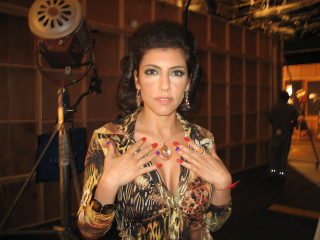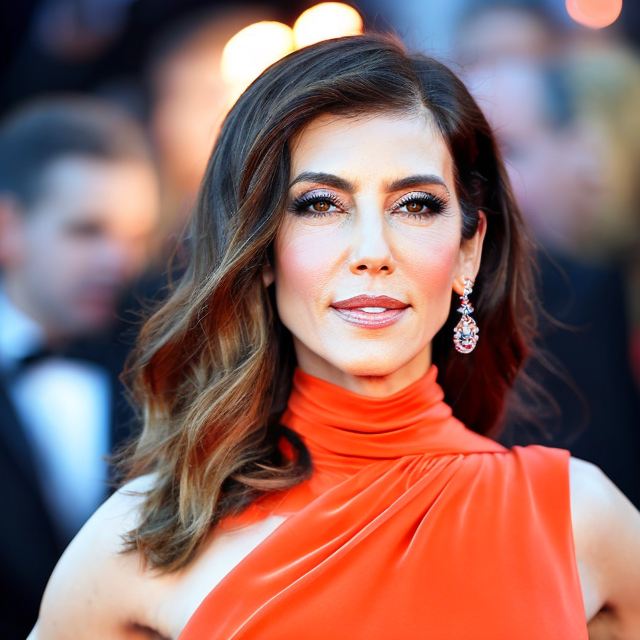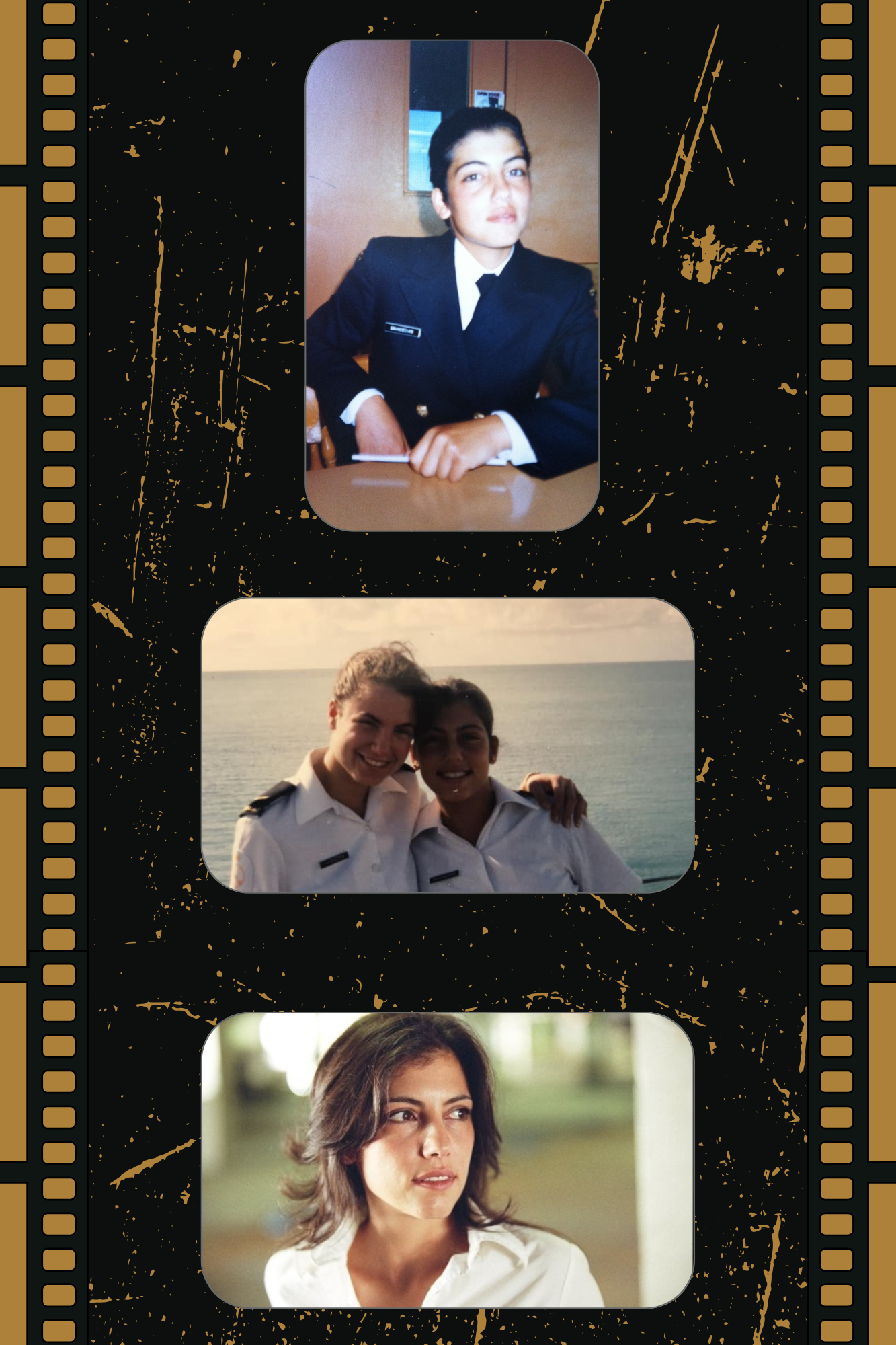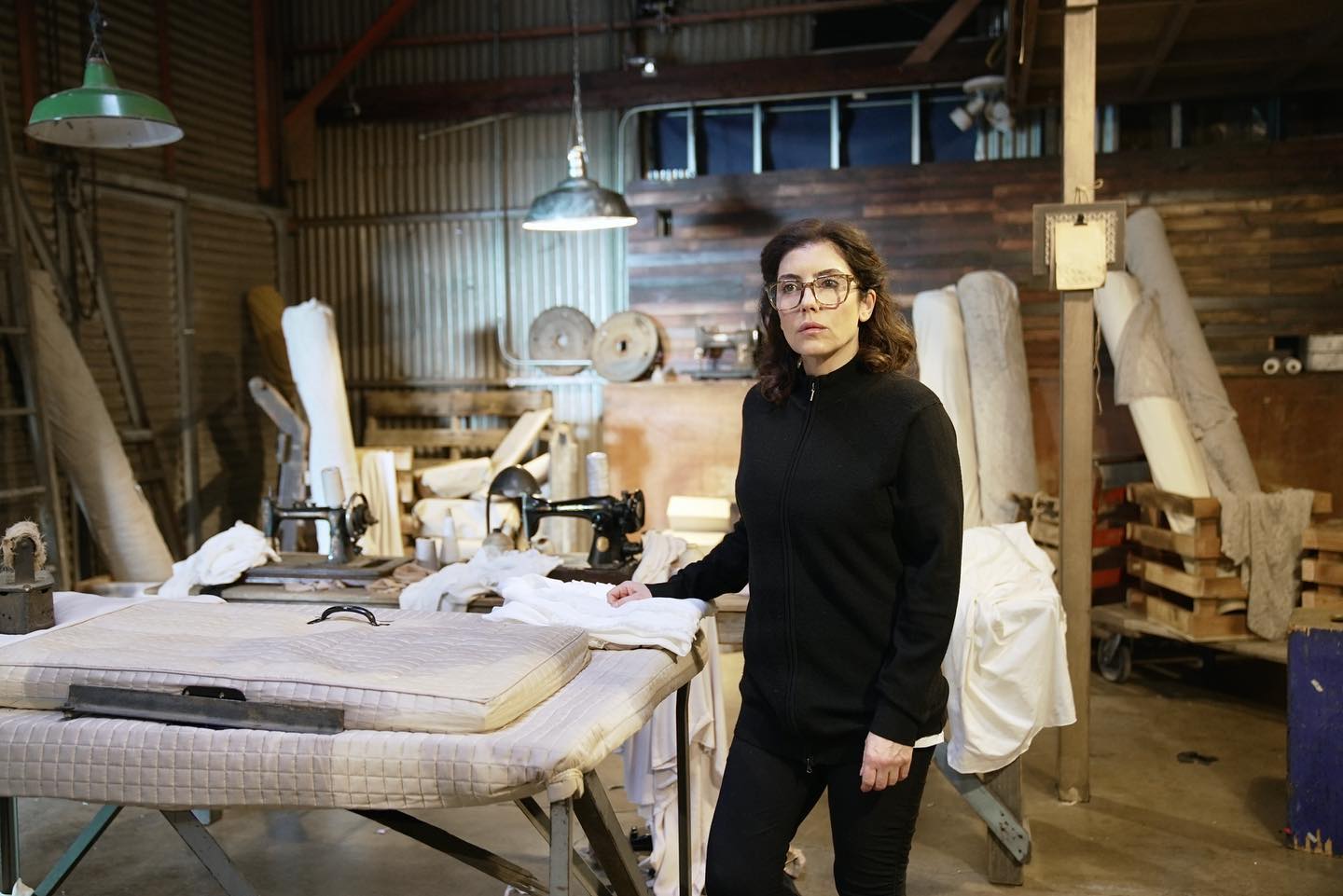As an actress, one of the most valuable skills I’ve developed is the ability to do accents. But I never set out to become a master of accents—it was something that came naturally, rooted in my lifelong exposure to multiple languages.
How Multilingualism Shaped My Ear for Accents
Growing up in Montreal, I was surrounded by different languages from birth. Armenian was my first language, followed by French because I was raised in Quebec. English came third, then Spanish in high school, and German at university. Beyond that, I taught myself to read and understand Hebrew, Russian, and Arabic, and even picked up Italian along the way. But learning languages wasn’t just about communication; it fine-tuned my ear, allowing me to pick up dialects and accents effortlessly.
That skill became an unexpected asset in my acting career. One of the best examples of this was an audition that could have gone completely sideways—but instead, it changed everything.
When an Accent Became Everything
I once auditioned for a pilot—a dramedy, meaning it had both dramatic and comedic elements. At the time, I was still honing my comedic skills in Sandy Marshall’s class in Los Angeles. The role was meant to be a one-time guest spot in the pilot, and I had built the entire character around an accent. It wasn’t just an add-on; it was the character. The way she spoke influenced the way she moved, dressed, reacted—it all stemmed from the accent.
Building the Character Around an Accent
My friend Mary Holland, who was in Sandy Marshall’s class with me—and whose exceptional comedic skills I had always recognized—came over to help me run lines. During those practice runs, that accent emerged. It was the key to unlocking the character, getting her down, making her real. She was a strong woman, dry-witted, comedic but sharp—think Bea Arthur from Golden Girls or Patsy from Absolutely Fabulous (two of my all-time favorites, by the way). The scene came alive, and Mary gave me excellent notes, reinforcing everything I had already been building. And because that voice shaped the character so completely, I dressed accordingly—big hair, gold eyeliner, bronzing powder galore, statement jewelry, Roberto Cavalli jeans. I became her.
So when I walked into the casting office and saw that every other actress in the room looked completely different—softer, more ethereal, almost gypsy-like—it threw me. The character was a fortune teller, so I assumed that’s why so many had chosen a bohemian look, but suddenly, I wasn’t sure if I had misread the breakdown entirely. Were they reading for another character?
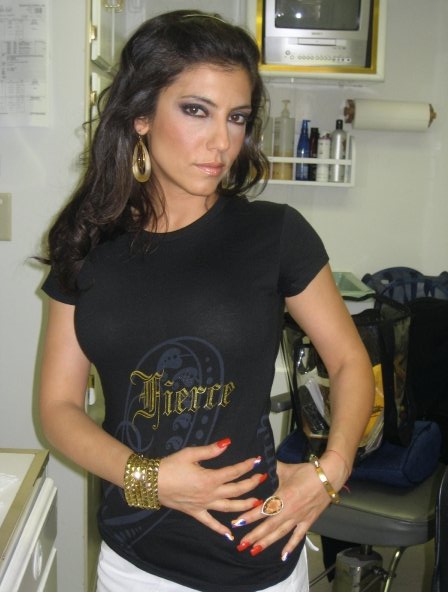
The Audition Curveball
As if feeling out of place wasn’t enough, I scanned the sign-in sheet and confirmed they were reading for the same role. That alone was disorienting. And then, just as I was processing that, I saw the sign:
“NO ACCENTS UNLESS IT IS YOUR NATURAL ACCENT.”
I had a split second to make a decision: strip the accent and go in with a standard American, or stick to my instincts and take the risk.
I chose the latter.
When I walked in, I didn’t fake an accent while introducing myself or slating, but as soon as the scene started, I went into character.
The Risk That Paid Off
✅ I got a callback.
✅ Then I booked the role.
✅ Then the pilot got picked up.
✅ Then they came back and offered me four episodes. I was now a recurring character.
✅ They guaranteed me four but ended up using me in 12 out of 16 episodes that season.
The producers loved the character, the voice, the entire package. The very thing that could have cost me the audition became the reason I booked it.
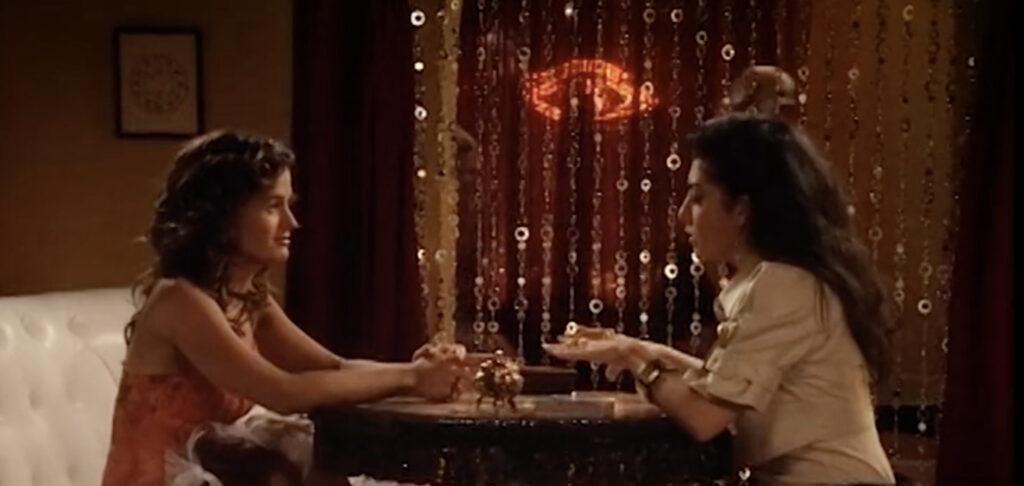
More Than Just an Accent—A Career Asset
That experience reinforced a major lesson for me: your unique skills are your power.
For someone like me, who started in this industry later than most, I knew I had to stack my toolbox with as many skills as possible. You can’t just be a good actor. You also have to be adaptable, prepared, and constantly evolving. Some actors have a signature look. Others have a particular style of performance. I knew that my ability to speak multiple languages and shift into different accents could set me apart.
I’ve worked in Greek and Arabic. I’ve auditioned in Italian, Hebrew—you name it. And I never turn down a challenge. When a role requires a new language or accent, I embrace it. I love it. I live for it.
Even in voiceover work—an industry that took me years to break into—my multilingual background was ultimately what got me in the door.
A Lesson I Never Saw Coming
Ironically, as a child, I hated having to study so many languages. At the time, it felt like a chore, something forced upon me. Little did I know how much those skills would shape my future. The thing I once resisted became one of my biggest career advantages.
🎭 Lesson learned: Never stop acquiring new skills. You never know when something you learned years ago will suddenly become the thing that sets you apart in the most unexpected way.
💡 Whether it’s a language, a life experience, or a unique talent, keep building your toolbox. Because when the right opportunity comes, you’ll be ready.

